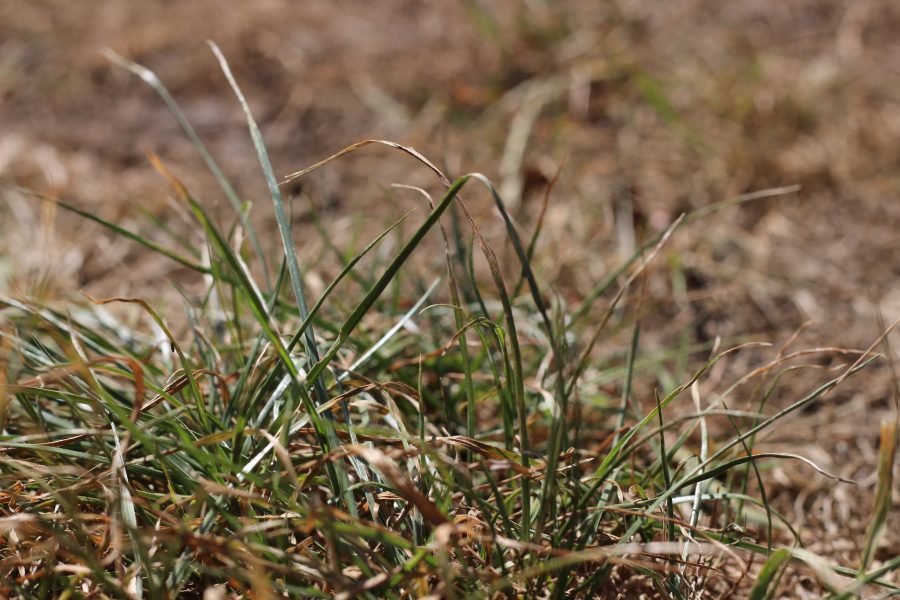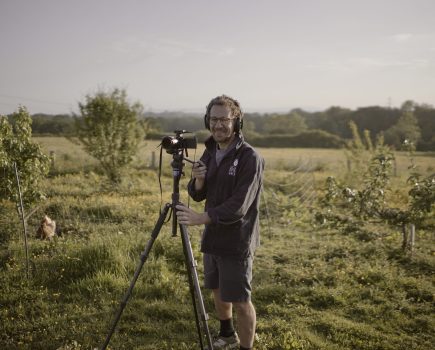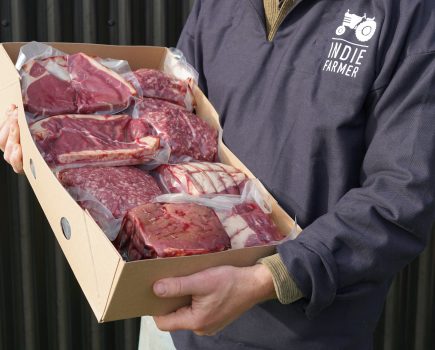Moves by DEFRA aimed at helping farmers deal with the exceptionally dry conditions have been welcomed by the NFU.
The department has relaxed the rules around agri-environment schemes to allow farmers to cut or graze set-aside land so that they can feed or provide bedding for their animals.
The changes, which came into effect immediately and will last until the end of the year, were designed to “allow agreement holders in the Countryside Stewardship or Environmental Stewardship schemes to take steps such as cutting or grazing additional areas of land to help ease shortages of bedding, fodder, grazing or forage crops.”
The Rural Payment Agency (RPA) has published a full list of the changes, which include allowing ‘buffer strips’ and field corners to be cut early. There is also guidance on how to record the adjustments they make.
NFU Vice President David Exwood said the measures “provide some welcome options for Countryside Stewardship and Environmental Stewardship agreement holders. It will allow actions such as cutting or grazing on land in these agreements, which will help to ease shortages of bedding, fodder, grazing and forage crops.
“This important derogation, which the NFU has been calling for, will provide some relief to livestock farming businesses which are already using vital winter feed supplies at a time when on-farm costs are continuing to increase significantly.
“We also welcome the announcement from the RPA that further rounds of funding for new applicants to the water management grant will open in the autumn, but we would like to see DEFRA’s regulators working together more efficiently to ensure the permissions and licences are delivered alongside the funding approval.”
The Water Management grant, launched by the RPA in November 2021, made £10 million available for farmers to improve on-farm water management, such as by providing water reservoirs and new irrigation systems.
Referring to the “hugely challenging situation facing all farming sectors”, David Exwood said many farmers and growers were “facing serious impacts ranging from running out of irrigation water to using winter feed now to feed livestock: in short, increased costs across farming”.
Paul Caldwell, chief executive of the RPA, said: “We know that farmers are facing pressures as they deal with the consequences of these exceptionally dry conditions, and we hope these practical steps will help farmers safeguard food production and help with animal welfare.
“We are committed to supporting agreement holders as much as we can during this difficult period and help ensure that they can maintain existing environmental commitments.” DEFRA has promised to continue to assess the impact of the dry weather and will consider further steps.
David Exwood continued: “The weather over the past six months has highlighted the urgent need for government to take our national food production and resilience seriously by ensuring all departments across Whitehall give due regard to the impact of environmental policies on the country’s ability to produce food and ensure its agencies manage the nation’s water resources more effectively so we’re able to store and move water in times of plenty for use when there is scarcity.”
Full details: www.gov.uk/government/publications/hot-and-dry-weather-temporary-support-for-farmers-in-2022







